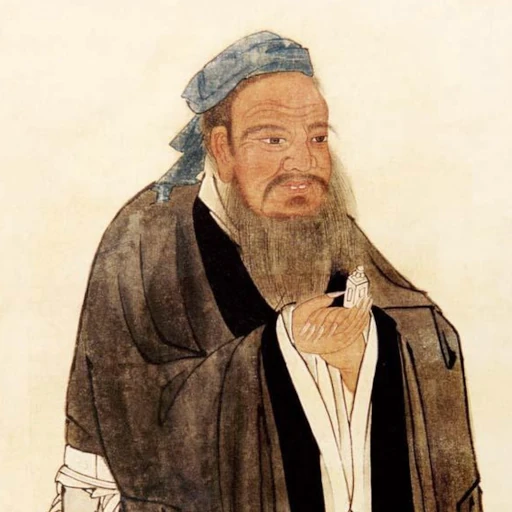“Do not impose on others what you yourself do not desire.”

- 551 BC – 479 BC
- Han ethnicity
- Philosopher, educator, politician
- Known as the founder of Confucianism, he had a major impact on Chinese culture and the whole of East Asia through his teachings on ethics, morality, and politics.
Quote
“Do not impose on others what you yourself do not desire.”
Explanation
In this saying, Confucius articulates a guiding principle of reciprocity and empathy. He advises that we should treat others with the same consideration and respect we would want for ourselves. This principle, often referred to as the Golden Rule, emphasizes that ethical behavior involves considering the impact of our actions on others. By refraining from imposing on others what we would find unpleasant or unfair, we foster mutual respect and harmony.
This teaching is especially relevant in all relationships, whether personal or professional. For instance, a manager who wouldn’t want to be micromanaged should avoid exerting excessive control over their team, allowing them autonomy and trust. Similarly, in friendships, refraining from harsh criticism or unfair demands fosters a foundation of respect and understanding. Practicing this principle encourages us to be mindful of others’ perspectives, building positive interactions and stronger, more empathetic connections.
Confucius’s words remind us that empathy and respect are essential to ethical living. By treating others as we would wish to be treated, we create a foundation of trust and goodwill, promoting a fair and compassionate society. This approach not only elevates our personal character but also contributes to a community where people feel valued and respected.

